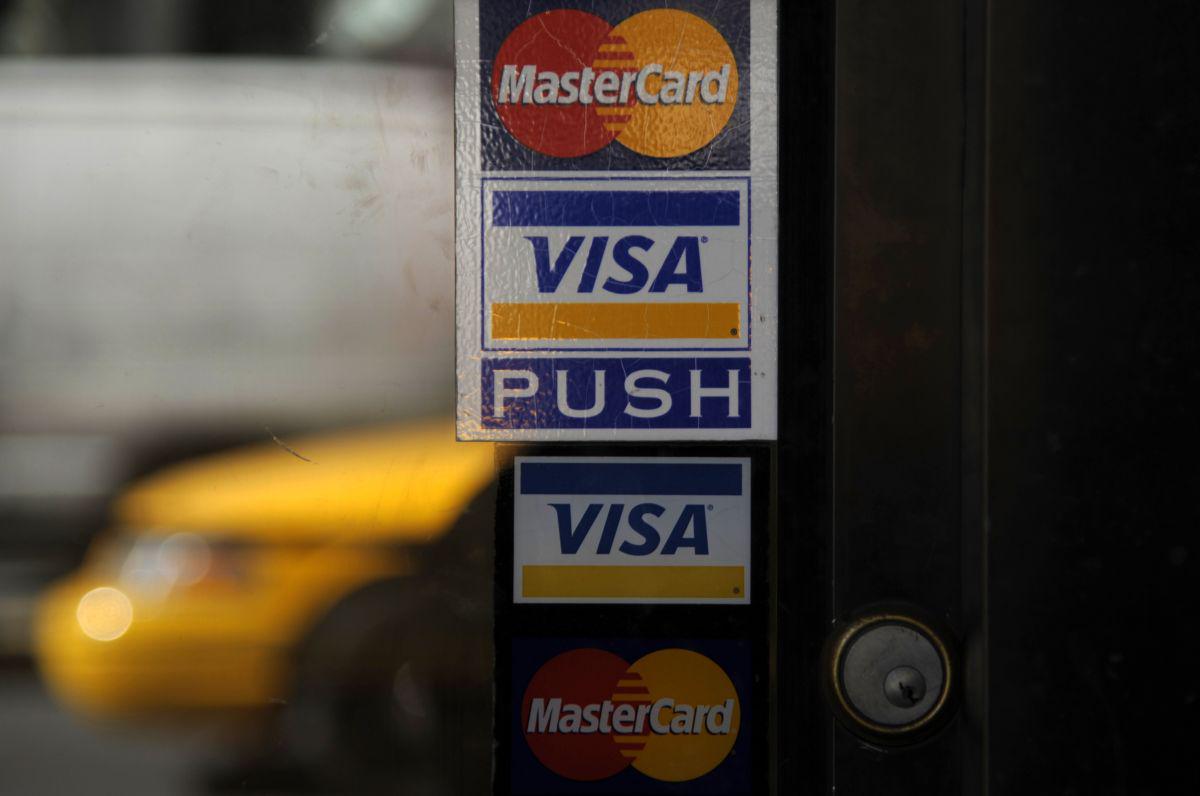
The vision of Nordic countries, particularly Sweden, is to become so-called non-cash countries, where all payments would be either electronic or done through cards. The largest Nordic country has set itself to reach this goal by 2030. According to the Swedish Association of Commerce (Svensk Handel), four fifths of all transactions in Sweden are already carried out through cards or electronically. Northern Europe is – as is true of “numerous” other things – the polar opposite of southern Europe. In our neighbouring country Italy three fourths of all payments are made in cash. Thelocal.se reports Swedish findings about the non-cash society as a means of improving the safety of merchants as well as customers. Additionally, major savings would come from no longer having to print money and handle cash.
Extinction of cash payment would be good news for the authorities as well, since all money transactions would be much more transparent, likely resulting in shrinkage of shadow economy. Having a similar goal is mind, the Slovenian government has thus “delighted” everyone who receives cash payments with obligatory cash registers. The previous measure, implemented in the middle of 2014, had already limited all cash payments to receipts lower than 5,000 euros.
How to make non-cash payments
While the government wants and also encourages non-cash payments, these bring expenses to customers as well as merchants. Banks charge their clients with provisions for electronic deposits, while the cost of payments by debit or credit card used to be covered by shops. But in these times, when business is not always as profitable as it used to be, some shops in Slovenia have already decided to lay the cost of card fees to customers (as is usual for administrative fees in Slovenia). A kiosk chain called Delo Prodaja has already made this decision; in addition to paying for the purchase, the customer needs to cover the cost of a card fee if they pay by “plastic money” instead of cash.
“We have decided to charge the fee for a non-cash payment because we mostly sell tobacco products and newspapers, where the margin of earnings is very low, which is why the cost of a non-cash payment that gets charged to our company by the bank is proportionally too high when compared with the company’s average margin of earnings,” Delo Prodaja argues.
Charges allowed by consumers’ law
The largest Slovenian consumers’ association, the Slovenian Consumers' Association (ZPS), explains that merchants can decide how the payment should be made; it depends on them whether only cash will be accepted or will it be possible to pay by card. “The customers must be informed about this before the purchase, a notice needs to be displayed visibly,” warns ZPS, adding that the consumers’ law stipulates that the expense for the use of a certain means of payment, which the recipient of the payment charges to the customer, should not exceed the actual cost that the bank charges to the payment recipient.

































































